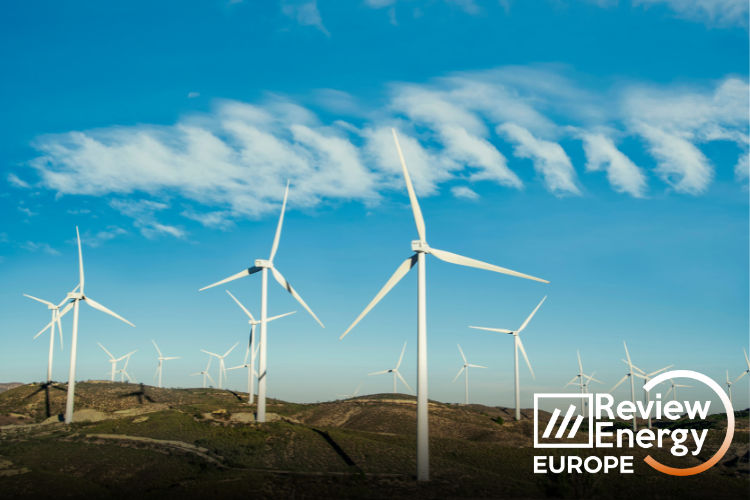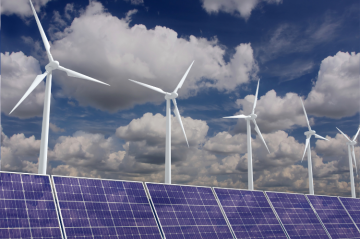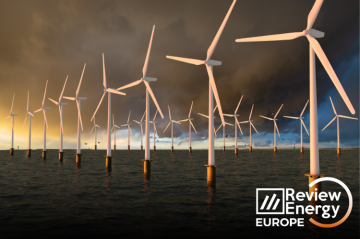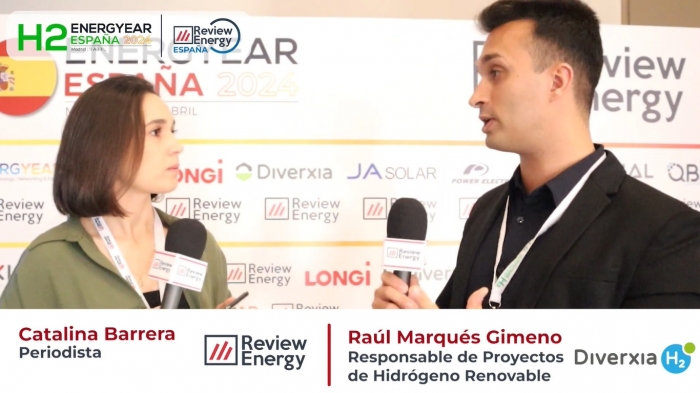
Bavaria seeks to relax regulatory restrictions to improve wind capacity
Bavaria, Germany's largest state, has set an ambitious goal of achieving net-zero emissions by 2040, but finds itself in the midst of significant obstacles on its way to this energy transition. Despite having enormous potential for renewables, especially solar and hydropower, Bavaria has lagged behind in developing its wind capacity due to strict regulations.
Restrictions imposed by the 10H regulation, which stipulates the minimum distance between wind turbines and settlements, have led to a standstill in the granting of permits for onshore wind projects. Although some restrictions have been relaxed, in certain areas, the required distance between turbines and residential properties has been reduced to 1,000 meters. In priority zones, this distance has been reduced to 800 since June 2023 and, some mayors from different parties, are calling for it to be introduced throughout the region. In addition, political leaders and experts point out that more significant changes are required to achieve the proposed renewable targets.
The Bavarian government has set a target to double the amount of electricity generated from renewables from 40 TWh to 78 TWh by 2030. This goal was recently reaffirmed in the coalition agreement between the two conservative governing parties, the Christian Social Union (CSU) and the Freien Wähler (FW) in October 2023. While the plans include an increase in solar power from 13 TWh to 40 TWh they only stipulate the installation of 1,000 new wind turbines. The numbers clearly indicate that the renewables target will not be reached through solar alone. A significant but achievable rise in wind power ambition is the solution.
“Bavaria already benefits from producing a significant share of its electricity from solar. With only a minor adjustment to its wind turbine restrictions, it could substantially increase its renewable generation and reduce its current dependence on imported fossil gas. Bavaria must seize this opportunity to not only cut costs for consumers but also enhance its energy sovereignty.” Said Sarah Brown, Europe Programme Director Ember.
Despite positive examples in other European countries, such as Greece, the Netherlands and Portugal, which have demonstrated the viability of renewable-based electricity systems, Bavaria is lagging behind on its path to energy transition. While other countries such as Poland have taken steps to relax their regulations and offer benefits to local residents, the urgency for a broader review of restrictions on wind projects in Bavaria is evident.
“Bavaria is well equipped to reach its 2040 net zero target: it has a strong administration, economic power and huge potential for renewable energies. Bavaria now needs to set the right framework conditions to utilize this potential, especially regarding wind energy, in order to remain a strong business location and to preserve livelihoods and prosperity.” Dijo Carolin Friedemann, Director and founder of the Munich-based Initiative Climate Neutral Germany.
The debate on revising regulations for onshore wind power remains a crucial issue in Bavaria, as the state faces the crossroads of moving towards emissions neutrality or risk falling behind in the race to energy transition in Europe.








Comentarios
Sé el primero en comentar...